THE THUNDERBIRD
NEWSLETTER
MABULA GROUND HORNBILL PROJECT
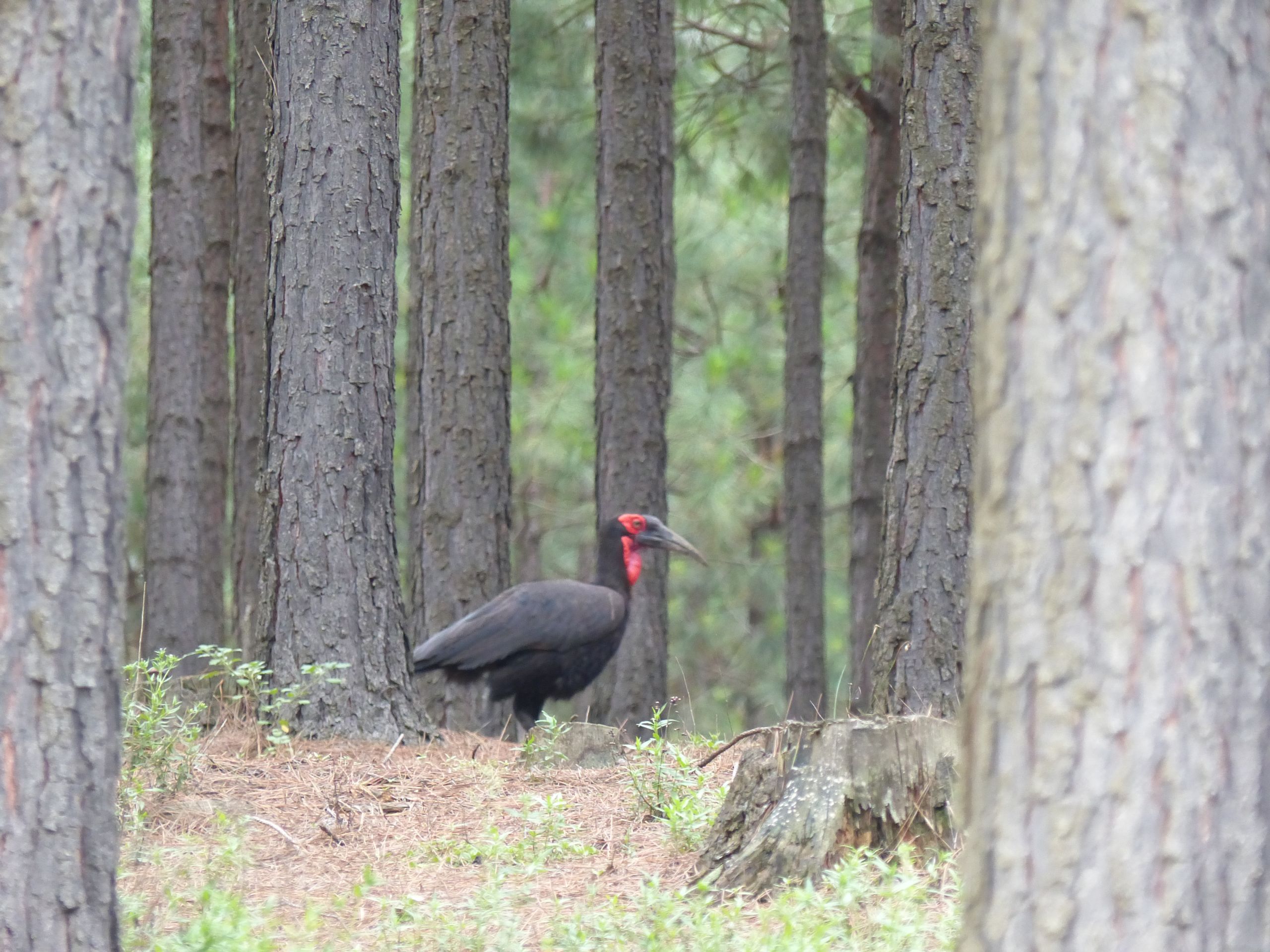
INVESTIGATION INTO WHY WE ARE FINDING SO MANY MALES WITH FEMALE COLOURATION, IN BOTH THE CAPTIVE, AND WILD, POPULATIONS.
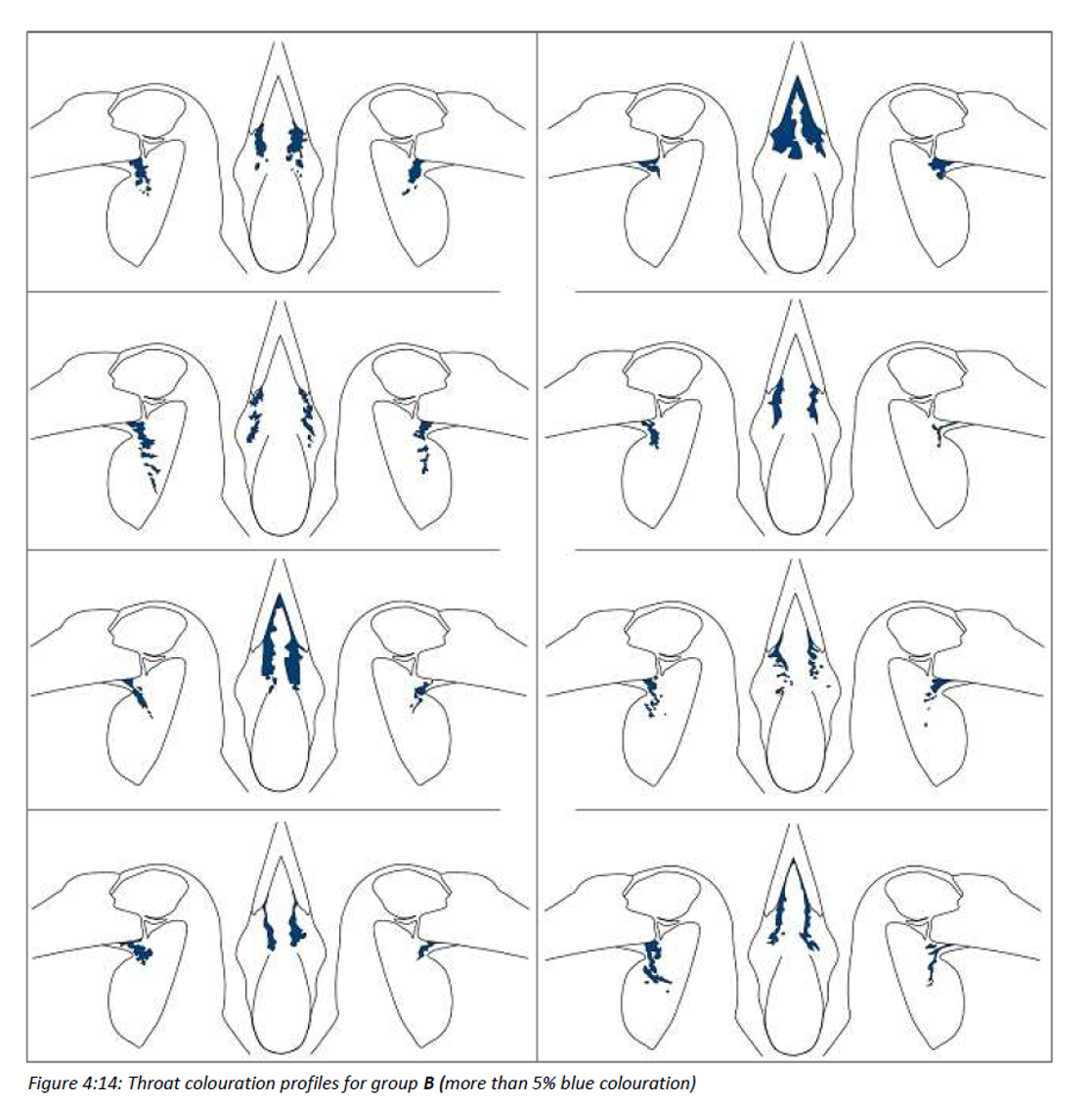
For this, our Sophie Neller received a cum laude MSc from the University of Pretoria Veterinary Science Department. She found that this is a more common phenomenon than we ever thought, and that, while in birds, blue skin colouration is usually permanent, in Southern Ground-Hornbills this may be switched on and off. So we really need to look much harder now when we are trying to assess wild groups as the old adage of blue is for girls no longer holds. Sophie did categorize the consistent shape of the blue in males and so this is extremely helpful for field biologists to get sexing of wild individuals correct in their observation.
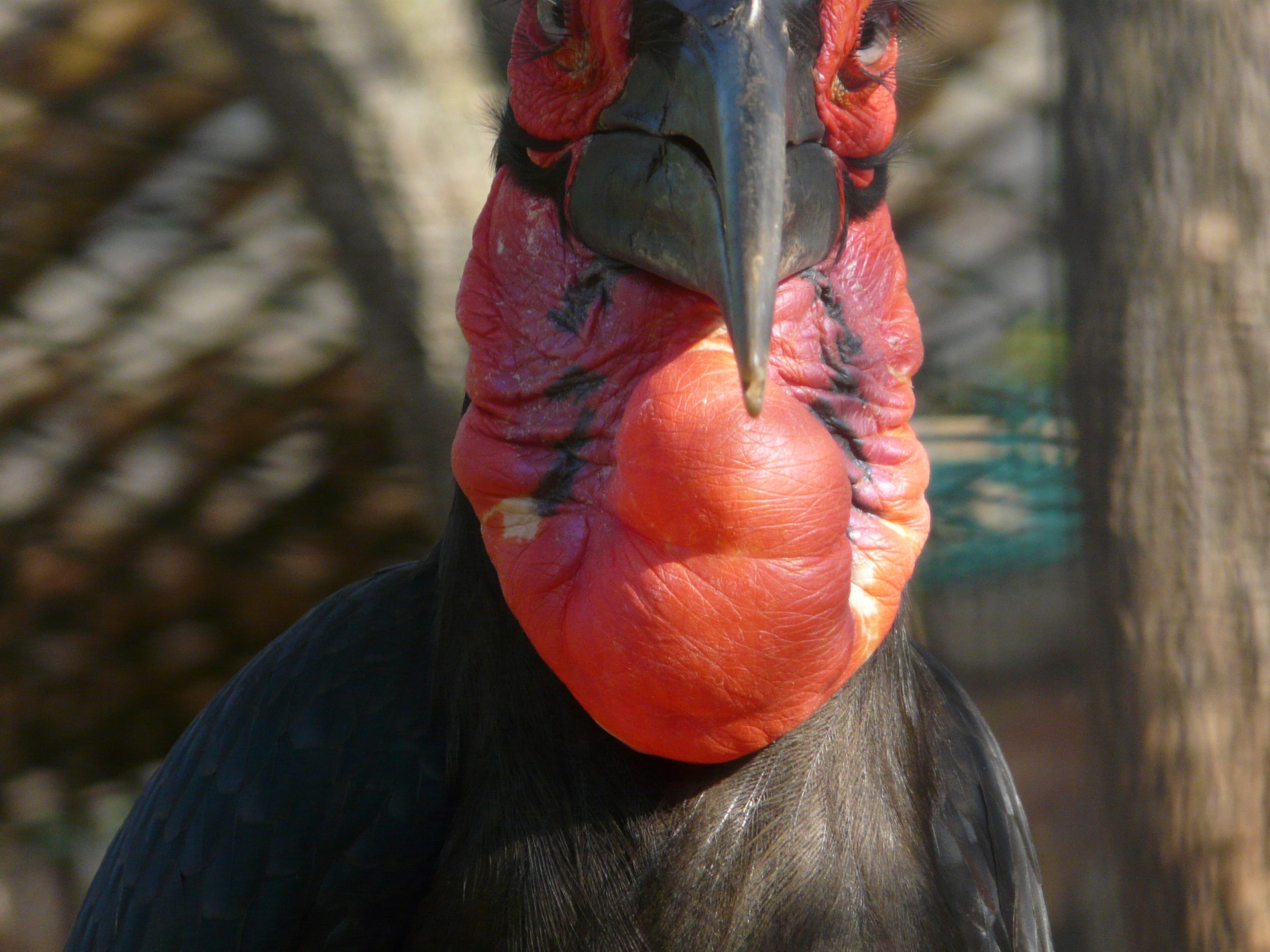
Soph, we are very proud of you and look forward to you taking this research forward.
Welcome Dr Jarryd Alexander
The project has grown and grown to the point that we needed to create a new position so we are able to fast-track our research and thus ensure all our actions remain evidence-based, so that we are contributing as much as possible to the conservation biology literature.
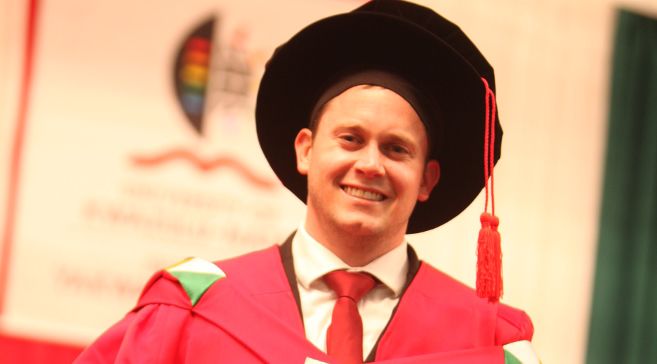
Jarryd has just completed his PhD at the School of Life Sciences, University of KwaZulu-Natal looking into the impacts of anthropogenic land transformation on vertebrate functional diversity and connectivity. His broad research interests are in avian ecology and feeding biology, conservation biology, ecosystem services, and stable isotope analyses and we welcome this wide suite of experience.
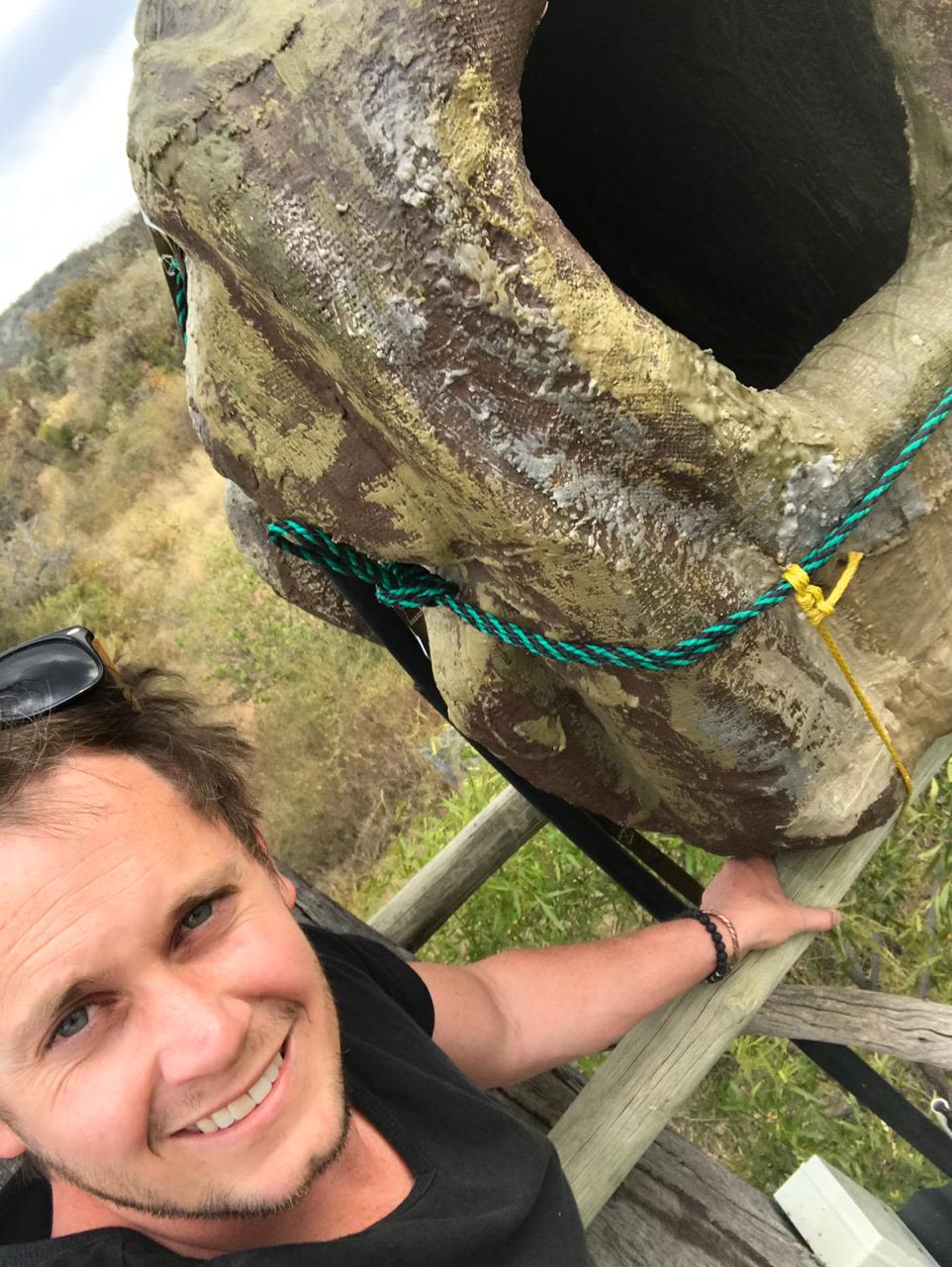
It is great for the team to have a new (very bright) spark of energy and we look forward to sharing our ground-hornbill adventure with Jarryd.
New intake into the bush-schools
Two of the bush-schools have just received their latest students. The group at Loskop Dam Nature Reserve, however, didn't need one as they made their own: their male chick has fledged into the group and is doing well.
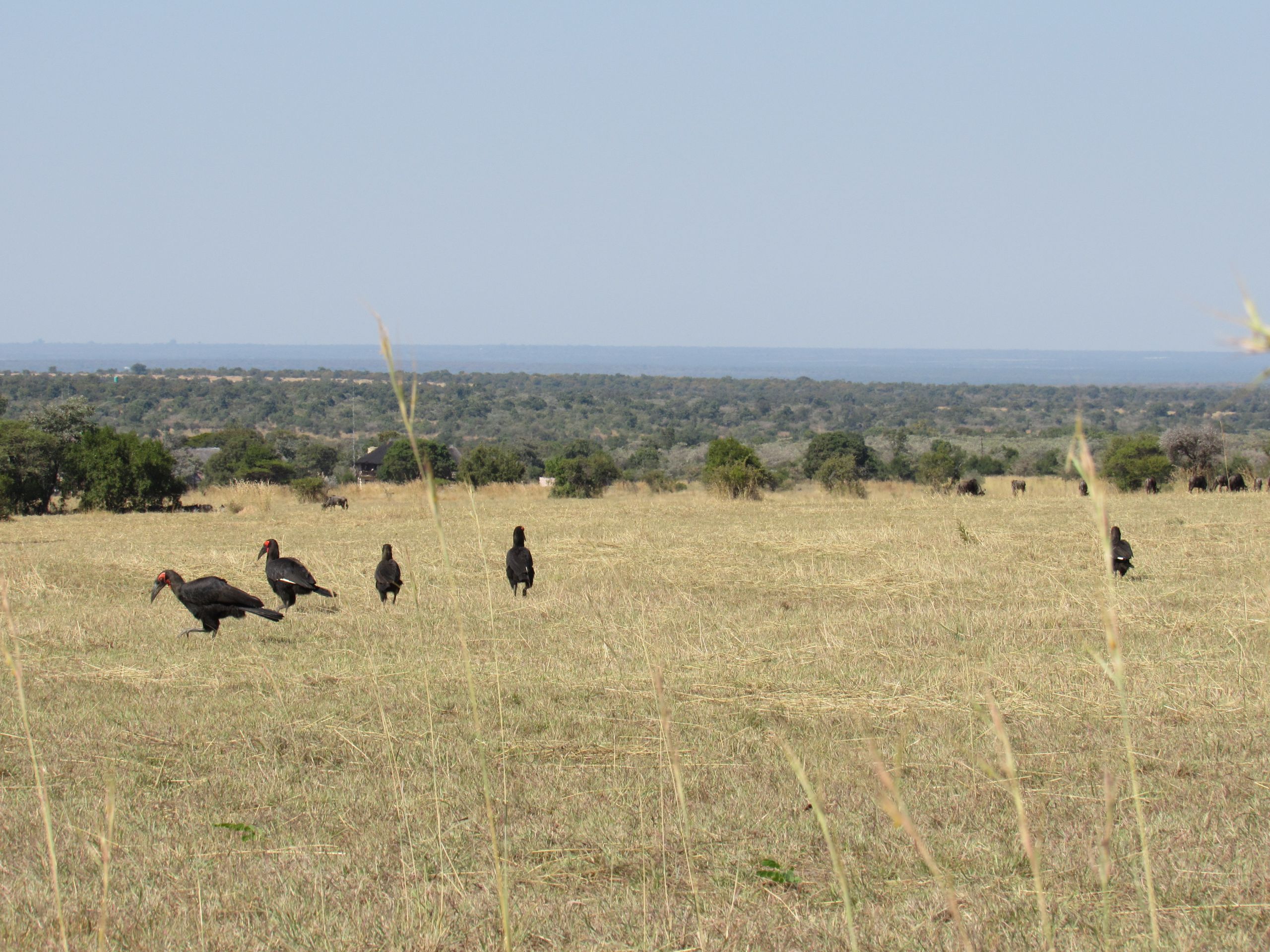
The above image is the day we let little Java2017 join his group and it has been a dream reintroduction thus far. He was welcomed immediately and Mokaikai has taken on the role of big brother in a very serious fashion. Java2017 was harvested from the APNR and he was then fostered by a pair at the Baobab conservation rearing centre with minimal human support.
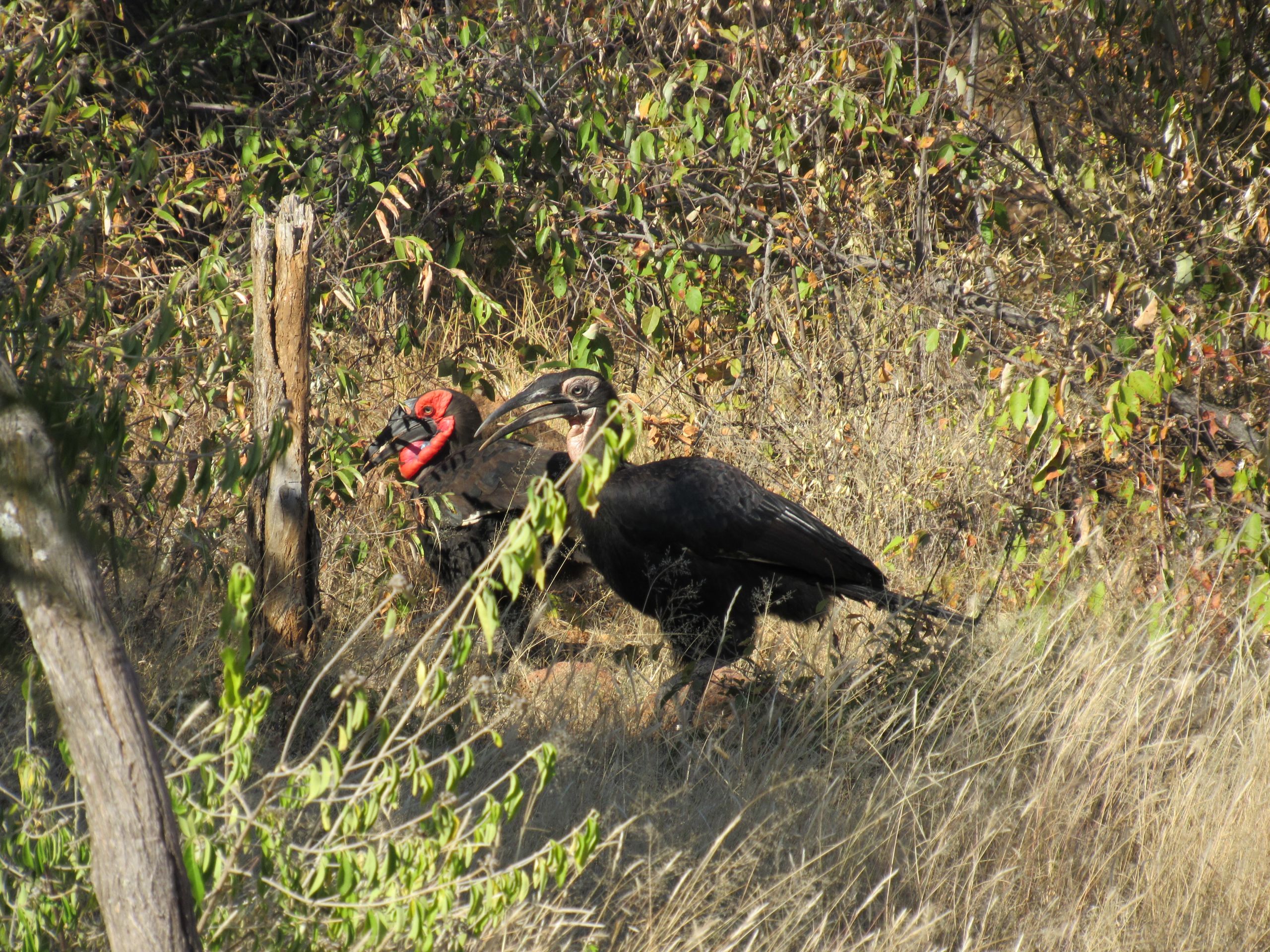
Marthly2017, harvested from the Sabi Sands, is currently in the soft-release aviary at Thaba Tholo, for about another week, and then he may join his new group.
Speed dating for ground-hornbills
How best to use a natural dispersal event: the case of Janovsky2010

Janovsky, a nine-year old beta male, was chased from the group in early January this year. He was showing too much interest in the alpha female for the alpha male's liking, hence being chased onto his road to adulthood.
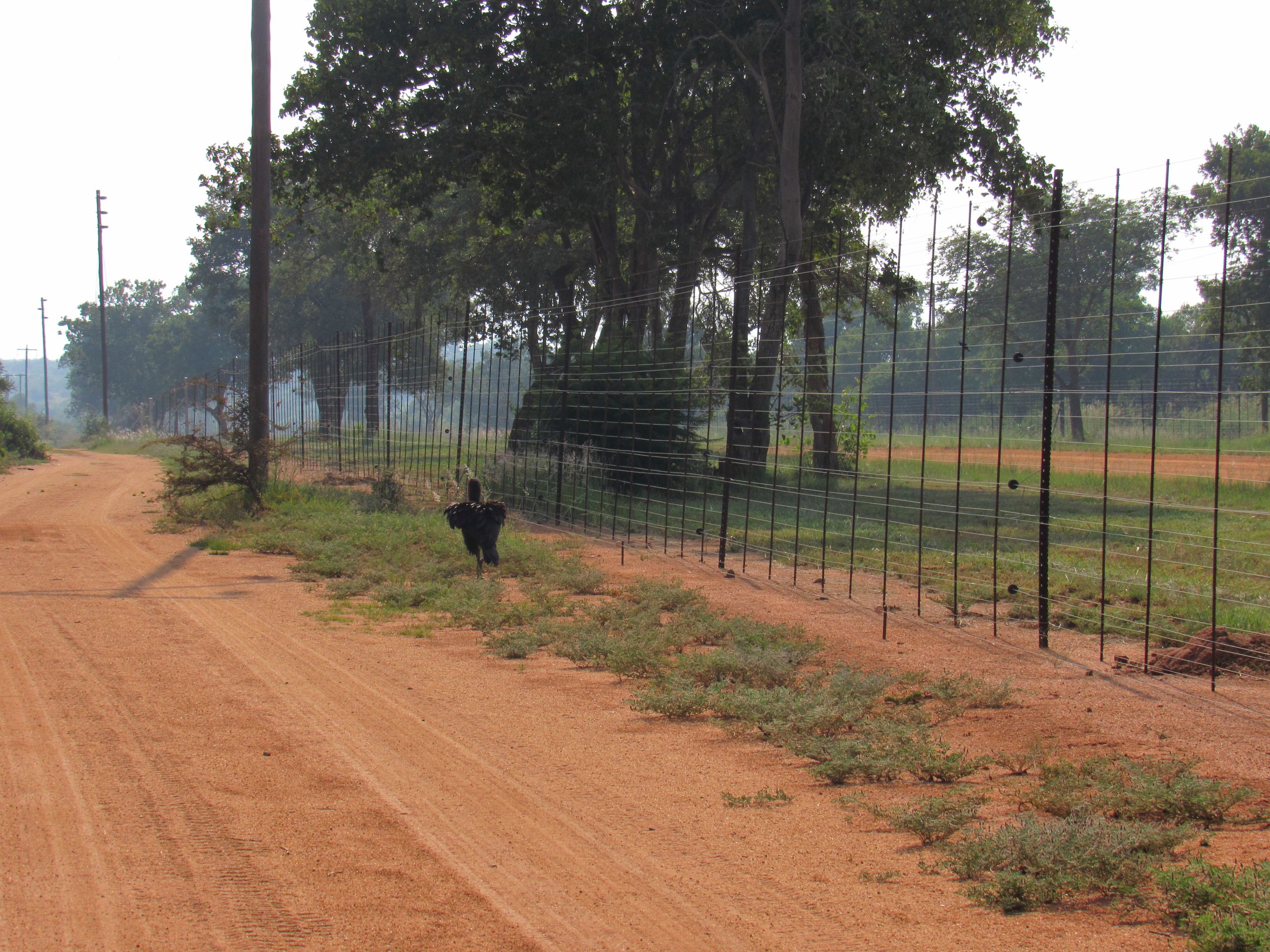
We monitored the lonely soul who plaintively called multiple times a day on the off chance he may hear a friendly group calling back. As we are located in an area where the species has become locally extinct there was, needless to say, no answer. Even his own natal group lost interest in chasing him round the perimeter of their territory. His tick load grew as he had no group mates to help preen him and so it was time to turn things around for him.
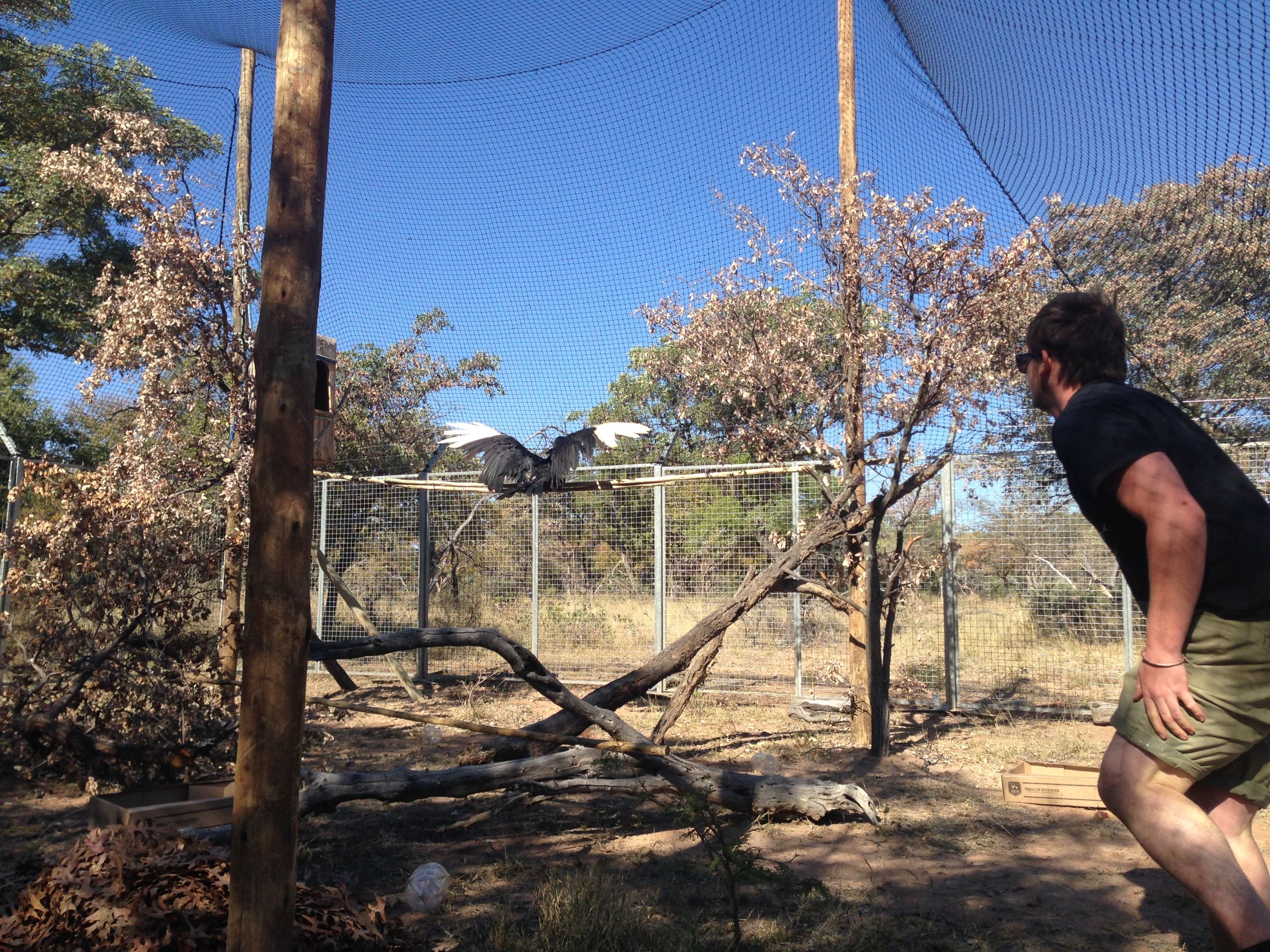
So we put up one of our uber-smart soft-release reintroduction aviaries and once we had our permits in place we brought in a hand-reared female for him.They have spent the last two weeks getting to know each other and if we think a good bond has formed we will let him take his new lady out into the world. If it not true love we will need to consider trying a different female.
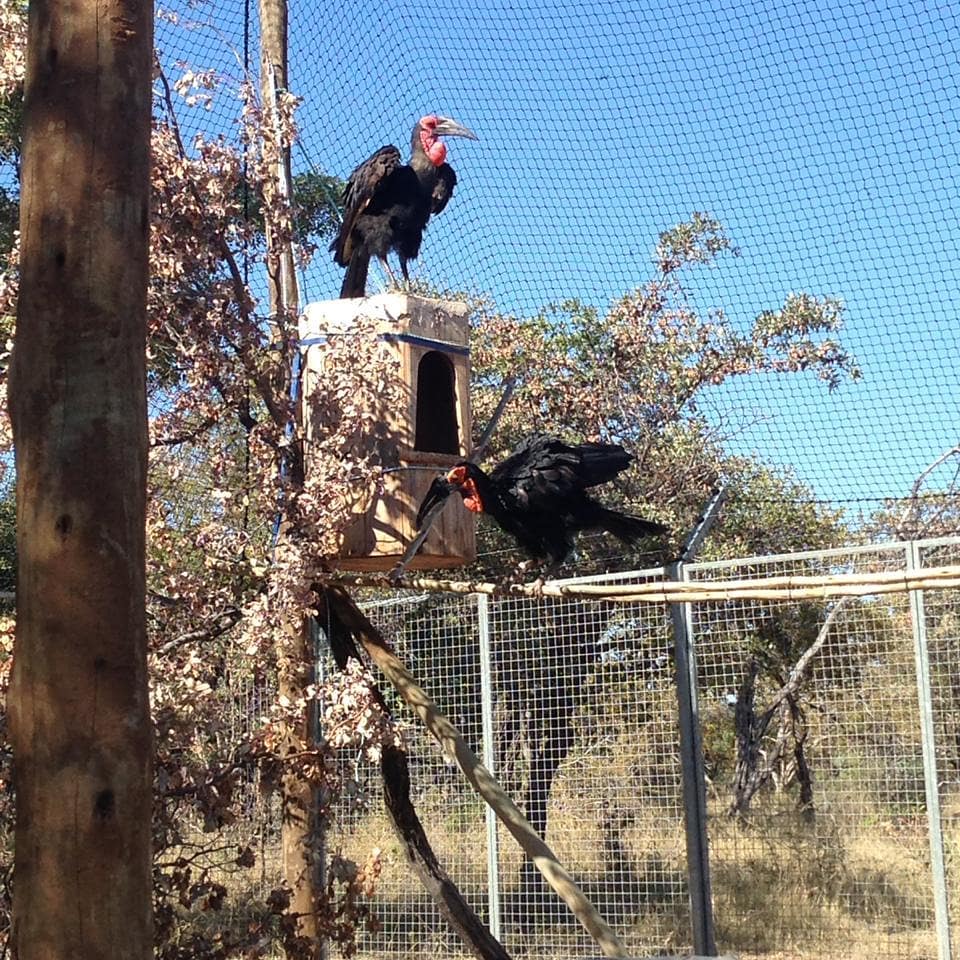
There is considerable leopard and honey badger presence in the area so one of the team is sleeping at the aviary each night to make sure we don't get any unwanted visitors to the aviary.
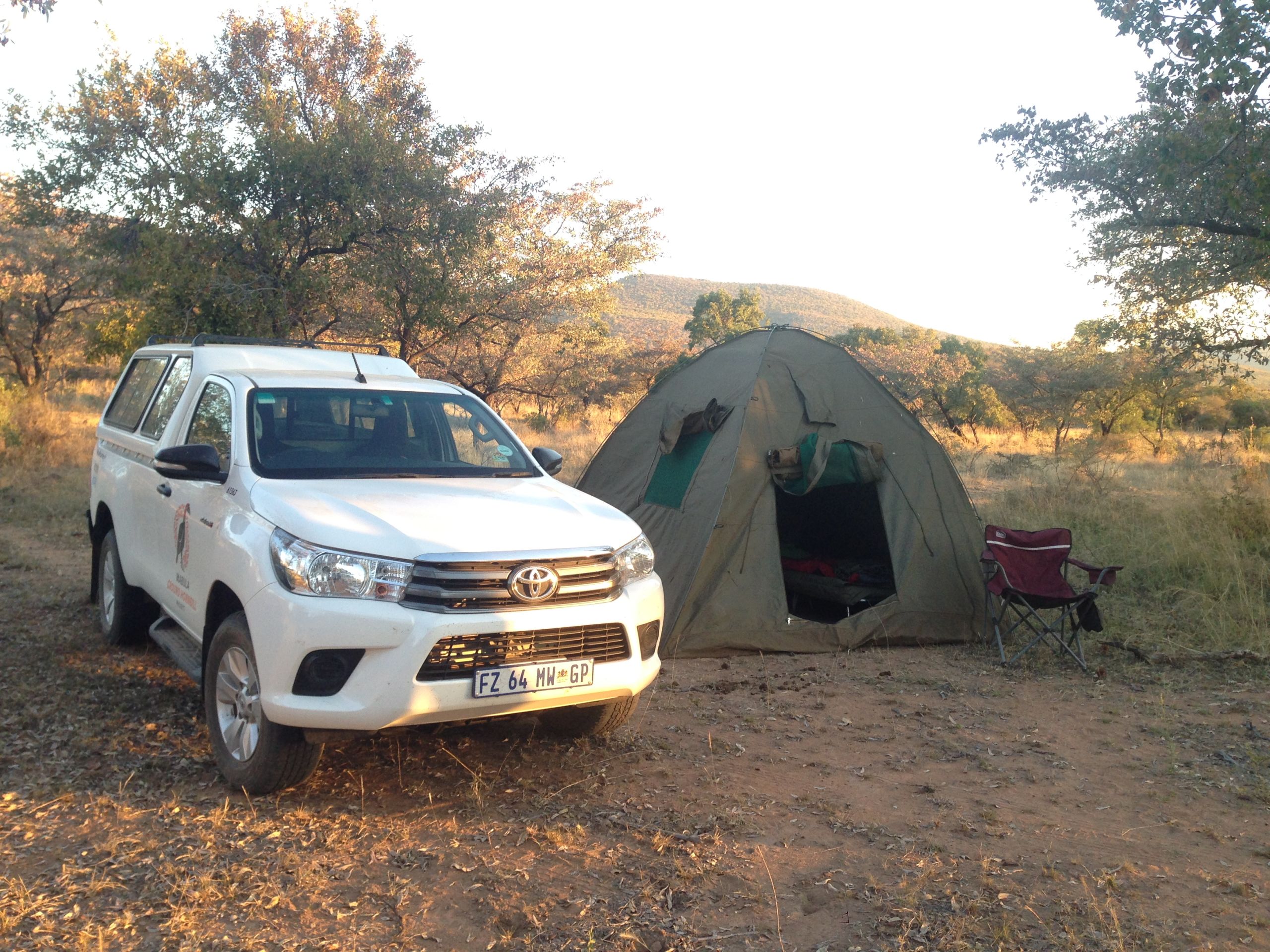
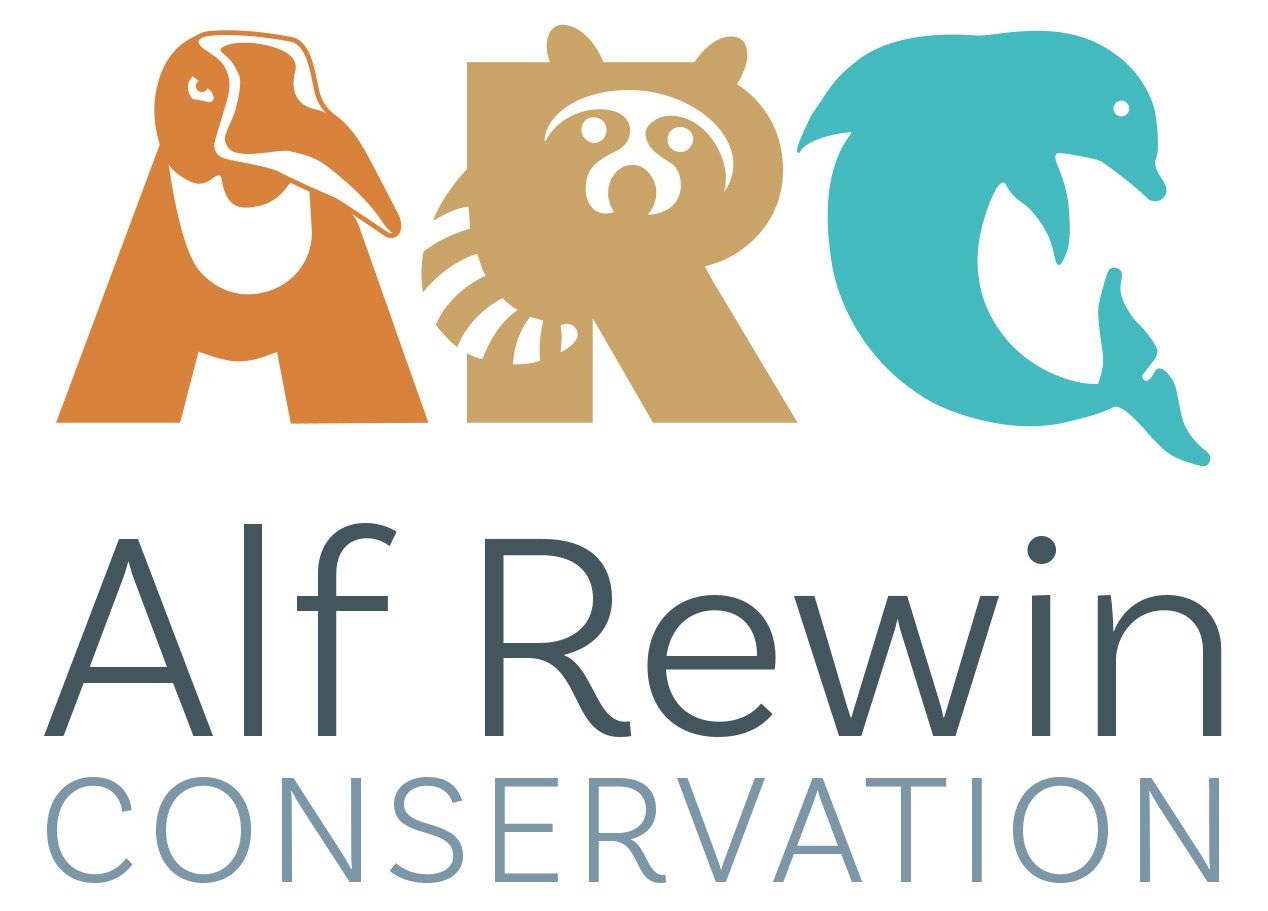
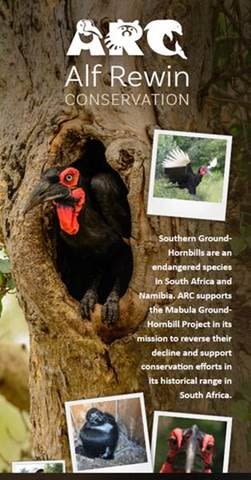
Support this amazing initiative by ARC (Alf Rewin Conservation) to raise funds for a legacy scholarship fund so that students and interns can gain work or academic experience with this species. Give a young South African the chance to experience on-the-ground conservation and all the joys and tribulations it brings with it. Click here for more information. If you are in the UK your contribution is tax-deductible. Please contact us for more information.
We have just one BIG (6 meters to be exact) wish on our wish-list at the moment.
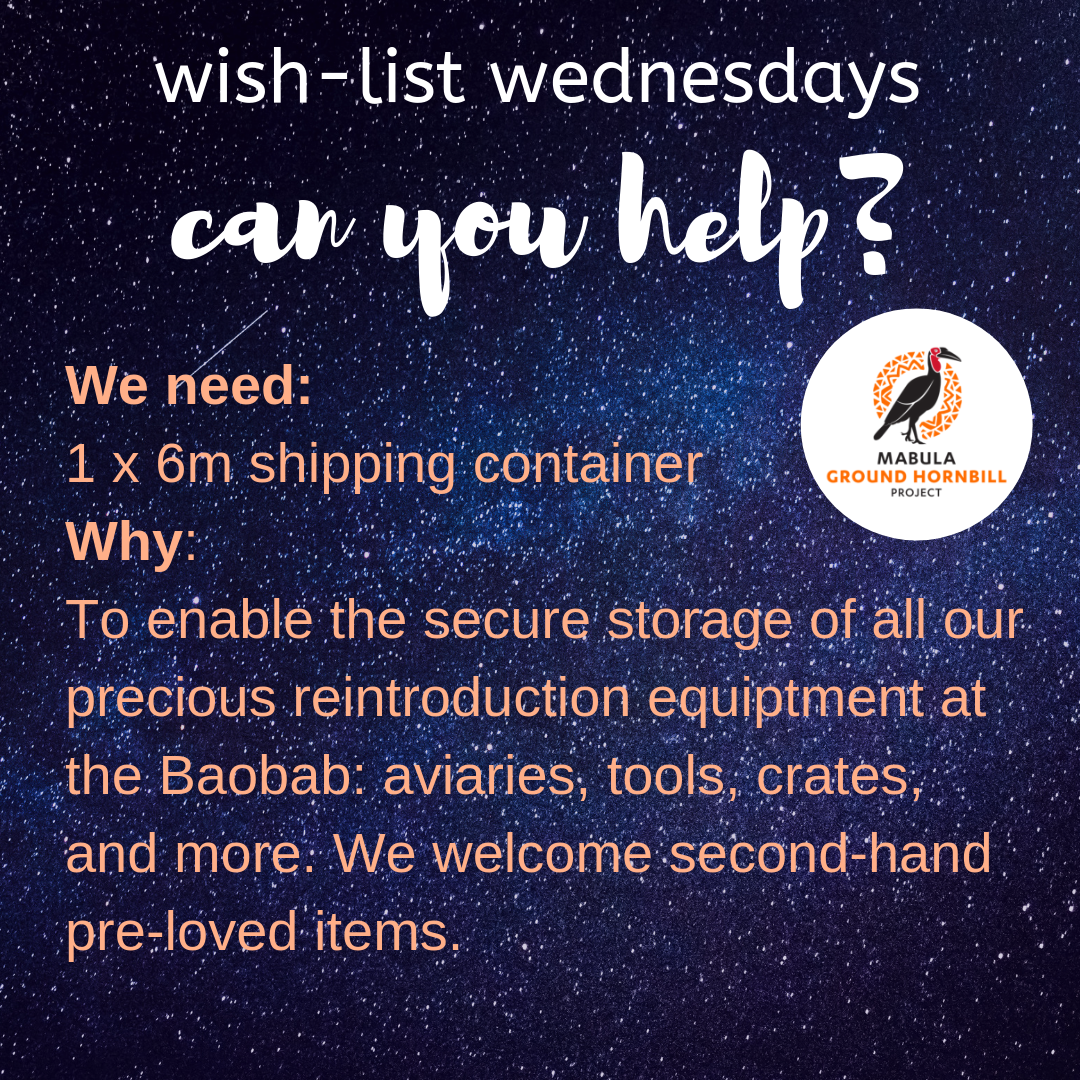
We need this container for storing our crates, reintroduction aviaries and tools safe and sound.
Pre-loved is perfect.

